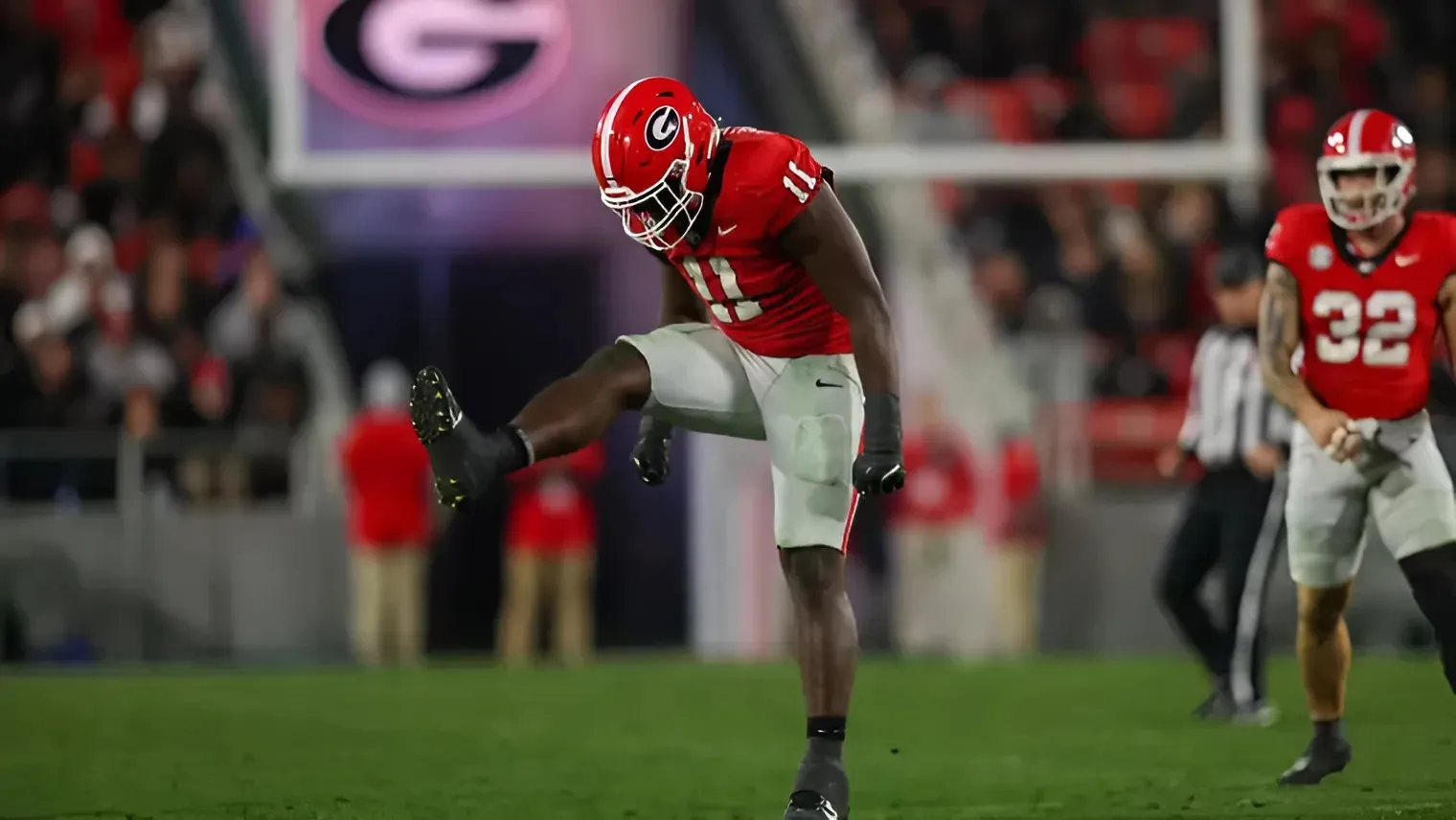
The Atlanta Falcons are aiming to take control of the NFC South this season after falling just short last year. The division appears to be a two-team race between the Falcons and the Buccaneers. One of Atlanta’s biggest struggles last season was generating pressure on the quarterback, so they focused heavily on pass rushers in the first round of the draft.
With their first pick, the Falcons selected Jalon Walker, a versatile defender and Georgia product. Walker is a do-it-all type of player who is expected to bring much-needed flexibility to Atlanta’s defense. His selection marked a significant moment in franchise history.
“This is the first time in franchise history that the Falcons have taken a University of Georgia player in the first round,” wrote Daniel Flick.
Shortly after being drafted, Walker requested jersey No. 11—the number he wore in high school. That number was last worn by Julio Jones, one of the most beloved players in franchise history. This led to some confusion and debate among fans regarding the team’s decision to reissue the number.
“Some will argue the Falcons should have retired No. 11, or at least not given it out quite so quickly. He was the greatest receiver in team history with 848 receptions, 12,896 receiving yards and 60 receiving touchdowns,” Charean Williams wrote.
Though Walker’s versatility gives Atlanta many options, there had been no clear plan for his role—until defensive coordinator Jeff Ulbrich provided some insight.
“On first and second down, I want, especially Jalon, to really have an opportunity to just master playing on the edge because I think that there’s something there that’s really special,” Ulbrich said during the draft. “Give him an opportunity just to have one home initially and become as good as he can at that. Then, from a third-down perspective, we can get creative with him, and that’ll be part of his superpower.”
No matter where Walker lines up, he’s expected to be a force. Matching him up against any offensive lineman will likely cause immediate problems—and fear—for opposing offenses.



